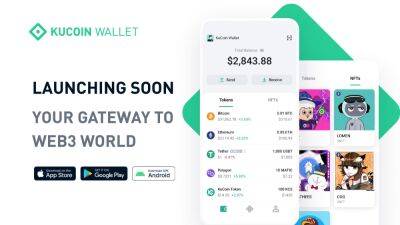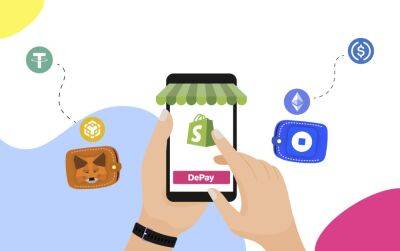Web3 payment ecosystem enables one-click payment from customers to merchants
Merchants are participating in a more complex market than ever before, one shaped by high credit card processing fees, long settlement times and consumers who spend most of their waking hours online. Addressing these concerns then comes down to the ability of each business owner to accept cryptocurrencies as part of their standard practices. Unfortunately, the asset’s volatility, and the complexities that come with cryptocurrency storage, make it difficult for a merchant to accept these assets without any in-depth knowledge.
Since decentralized currencies will always entail extra steps as their centralized counterparts do, digital payment gateways have become a greatly popularized solution for their ability to replicate the traditional debit and credit card acceptance process. Now, the only concern left unsolved is the ability to accept the different tokens that have arisen in response to poor scalability on the bigger named cryptocurrencies.
PayBolt, a project building a Web3 crypto payment gateway, is operating to change the approach to commerce. Their ecosystem, which has a mobile wallet available on iOS and Android, a merchant payment portal, point-of-sale (PoS) terminals and e-commerce plugins, aims to effectively bridge the customers who want to spend crypto and the business that can accept it.
PayBolt’s mission is to reach 10 billion in transaction volume by the end of 2025. While the number might sound big, it is just a tiny fraction of the overall payment space; PayPal alone made $311 billion in volume in the second quarter of 2021.
“The fiat payment system is broken. In a Web3 world, we all know that crypto will be the best transfer of value in the future. At PayBolt, we are making it happen.”
To bridge this gap,
Read more on cointelegraph.com


![Terra Ust - How close are we to the end of Bitcoin’s [BTC] sluggish consolidation phase - ambcrypto.com](https://gocryptonft.com/storage/thumbs_400/img/2022/6/4/45692_b6t.jpg)













